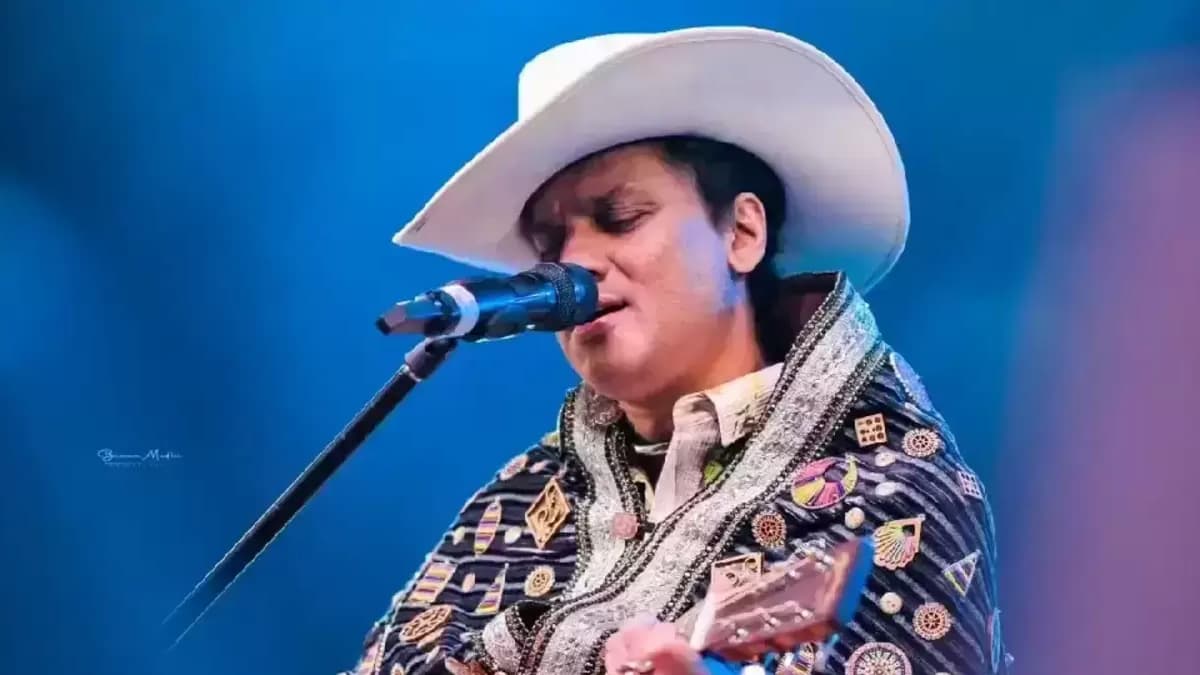Singapore police probe death of Zubeen Garg as Assam calls for transparency
Singapore police are investigating the drowning death of Indian singer Zubeen Garg, as Assam witnesses widespread protests and demands for clarity. No foul play is suspected, but both countries are conducting parallel inquiries amid rising public pressure.

- Singapore police are investigating the death of Indian singer Zubeen Garg under the Coroners Act, with no foul play suspected so far.
- Public outcry in Assam has prompted parallel investigations and arrests, with calls for transparency from Singapore authorities.
- Protests, petitions, and digital campaigns continue, while bilateral cooperation has been initiated through diplomatic and legal channels.
The Singapore Police Force is conducting an investigation into the death of Indian singer Zubeen Garg, who died while swimming near St John’s Island on 19 September 2025.
In a media statement issued on 17 October, police confirmed that the case is being investigated under Singapore’s Coroners Act.
Preliminary investigations found no foul play, though inquiries are ongoing.
The police stated that the investigation process may take up to three more months.
Upon completion, findings will be submitted to the State Coroner, who will then decide whether to conduct a coroner’s inquiry.
Such an inquiry is a judicial fact-finding process used to determine the cause and circumstances of death. Its results will be made public once concluded.
The Singapore police also reiterated that on 1 October, they had provided the autopsy report and preliminary findings to the High Commission of India, following a formal request.
Garg, 52, was in Singapore to participate in a cultural festival hosted by the Assamese community. He died after reportedly drowning during a yacht outing.
The initial death certificate cited drowning as the cause of death.
However, his death has triggered widespread protests and a political outcry in India’s north-eastern state of Assam, where Garg was widely revered.
Public response and unrest in Assam
Assam has witnessed a wave of rallies, candlelight vigils, arrests, and online activism calling for justice in Garg’s case.
Protesters have cast doubt on the preliminary findings, arguing that circumstances surrounding his death remain unclear.
On 15 October, violent protests broke out in Baksa, Assam, outside a prison where five individuals linked to Garg’s entourage were detained. Police used tear gas and batons to disperse stone-throwing crowds.
The five included Garg’s manager, an event organiser, two personal security officers, and his cousin, all of whom had accompanied him to Singapore.
According to NDTV, large, unexplained financial deposits—totalling over Rs 10 million (approximately US$113,700)—were found in the accounts of two of the security officers. Garg’s wife, Garima Saikia Garg, later said these funds were used for the singer’s charitable work.
Assam Chief Minister Himanta Biswa Sarma has taken a leading role in the public response.
On 16 October, he confirmed that a Special Investigation Team (SIT) would travel to Singapore on 21 October to liaise with authorities.
He previously met the Singapore High Commissioner in New Delhi to discuss ongoing developments and bilateral cooperation.
Legal and diplomatic measures
A formal petition was submitted to Singapore police on 13 October, signed by 59 residents of Sonapur and Dimoria in Assam.
Addressed to Commissioner of Police Hoong Wee Teck, the petition also reached senior officials, including Home Affairs Minister K Shanmugam, Foreign Affairs Minister Dr Vivian Balakrishnan, Attorney-General Lucien Wong, and State Coroner Adam Nakhoda.
The petition urged transparency and cooperation, stating that the public respected Singapore’s legal system but sought clarity over the circumstances of Garg’s death.
The initiative was partly led by Rakesh Hazarika, Director of the Global Pandemic Response Forum and Executive Director of the Centre of Efficient Governance.
He described the effort as “peaceful, non-political, and rooted in faith in Singapore’s judicial system.”
Meanwhile, Indian authorities have invoked the Mutual Legal Assistance Treaty (MLAT), seeking access to autopsy reports, witness testimonies, and surveillance footage from Singapore.
Over 60 First Information Reports have been filed across Assam, citing charges such as murder, conspiracy, culpable homicide, and negligence, as reported by The Times of India.
Online movement and global attention
The hashtag #JusticeForZubeenGarg has trended globally, driven by the Assamese diaspora and fans of the late singer.
Thousands of comments have flooded the official Facebook page of Singapore Prime Minister Lawrence Wong, demanding justice and transparency.
A widely circulated social media post stated: “We proudly call this place the land of Zubeen Garg, a planet that sings his name... We appeal for honesty and cooperation in finding the truth.”
Online protests have been echoed by ground-level activism in Assam, including a protest led by actress Amrita Gogoi on 13 October.
A Change.org petition has also gained traction, calling for a fair and impartial inquiry.
Videos have surfaced showing Garg entering the water both with and without a life jacket. Indian investigators are analysing the footage for inconsistencies or signs of foul play.
Conclusion and ongoing developments
As investigations continue in both Singapore and Assam, authorities from both countries have called for restraint.
Singapore police have urged the public not to speculate or spread misinformation, noting that a final decision on holding a coroner’s inquiry will rest with the State Coroner.
The High Commission of India remains engaged in the matter, coordinating with both the Singapore Police Force and Indian investigative agencies.
Chief Minister Sarma has assured Singapore officials of Assam’s cooperation and expressed hope that the inquiry will offer closure to Garg’s family and supporters worldwide.







